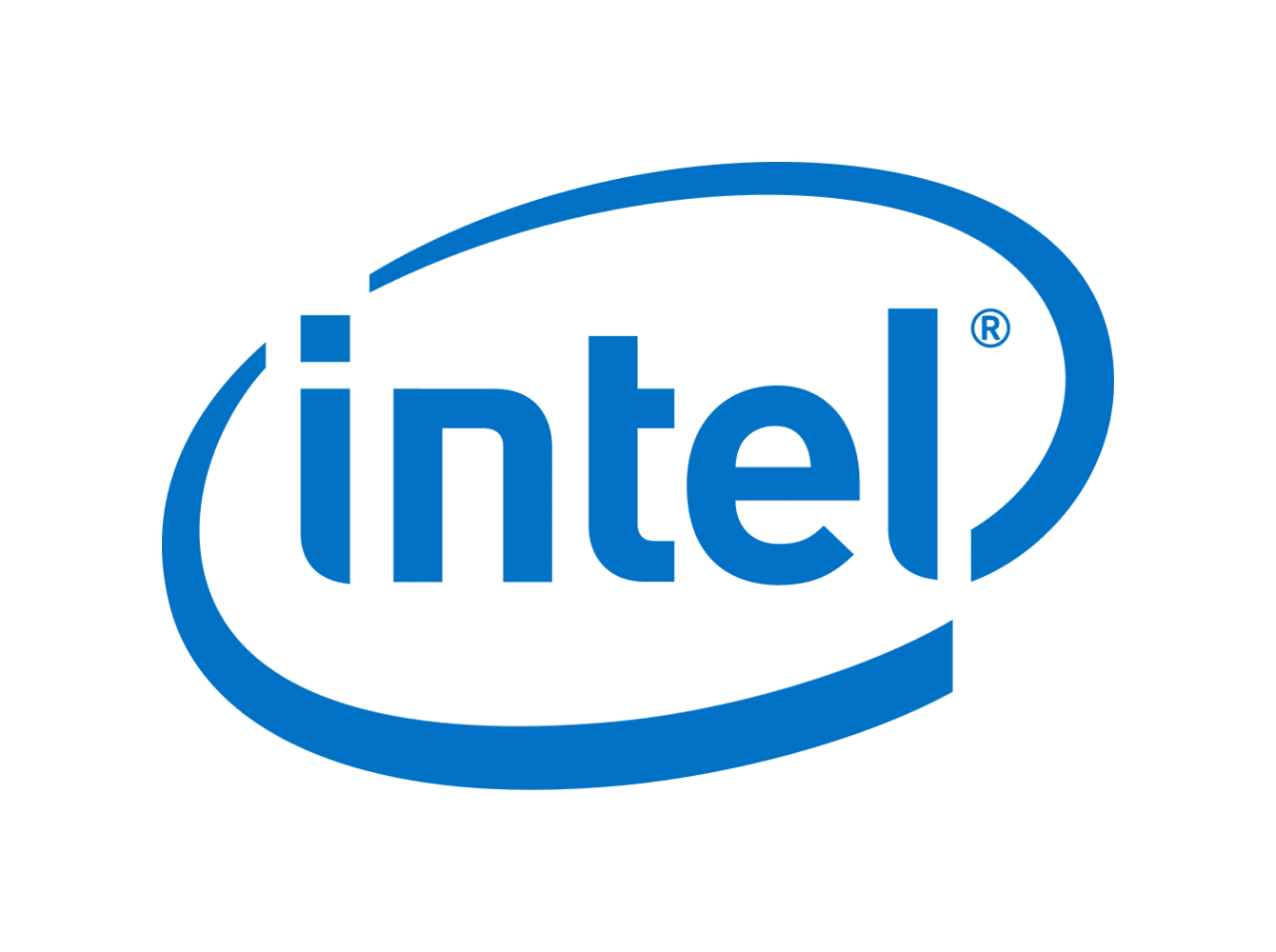hello all,
I recently purchased a 14900k and I am running it on Gigabyte AORUS Elite AX mobo. I have 6800 MHz RAM from GSkill and 4090 as well.
I’m having an issue where, with all stock settings, Cinebench r23 always crashes on a multicore run (screenshot attached). However, single core completes just fine. I also don’t have stability issues anywhere else. I can complete a 3Dmark timespy extreme run just fine with XMP 6800 enabled. I can play Halo Infinite with 6Ghz all cores + XMP without any other changes (e.g. no voltage changing) without any crashes at all. But with Cinebench my system isn’t ever stable on stock settings.
I saw this other post that seemed to be the same, but the actual error log from Cinebench is different. I do notice that I share a mobo with this user. This is the Cinebench error:```Exception
{
ExceptionNumber = 0xC0000005
ExceptionText = "ACCESS\_VIOLATION"
Address = 0x00007FFBE514B3FD
Thread = 0x00000000000027F0
Last\_Error = 0x00000000
}
```
I know there probably isn’t much good information in this post, so I will try to answer questions as quick as I can. I’m new to overclocking and dealing with instability so I don’t really know where to go from here to achieve stability. Did I just loose the silicon lottery or something? Or are Gigabyte mobos trash for 14th gen? All help is greatly appreciated!
(as a side note, I’d love to learn actual overclocking. All the guides that I can find seem to only go into the detail of increasing Performance Active-Core tuning. So if any of you know of a resource where I can learn what everything does [e.g. AVX2 ratio offset or any of the other knobs in XTU] then I would be very grateful).
EDIT:
I’m continually experimenting, and I’ll continue to post information as I get it.
- Not all of the Passmark CPU tests complete correctly either, so there is an issue there.
- In XTU, I boosted the voltage offset to +.05 and cinebench finished. I then returned the voltage back to .000 and cinebench was able to complete again. So I’m even more confused now.
I have got the exact same issues. I am kind of loosing my mind here.
For me it seemed to be the excessive current draw that my chip was taking. Lowering the power limit back to stock (253watts) is what fixed it for me. Look at the comment thread with u/LightMoisture for more information.
If you are wanting the chip to be able to pull more wattage (e.g. if you’re Overclocking or trying to get the best benchmark scores) then increasing LLC also worked for me. It seems like the instability came from Vdroop, so raising LLC allowed my system to draw 300+ watts consistently. DON’T run this as daily driver though. High wattage reduces the lifespan of the chip due to “electromigration”.
Hopefully that helps!
Mine is not stable at stock wattage. I expect a chip to be stable at that. If it is not I will not accept that chip. Have you tried running Cinebench R15? This one always crashes on my 14900k’s. No matter what chip. I am starting to think that I have a bad motherboard. But my 13900k worked without a problem. (z690 Aorus Master)
Its likely the gigabyte, the majority of them can’t even run the Intel stock 3200 / 5600 ram speeds without Bsods.
How can I find the default voltage frequency curve?
Its just my opinion, that Gigabyte boards are trash and do cause a lot of weird new issues. But a lot of people do buy them, so who am I to judge overall. But RMA experience with Gigabyte solidified the hatred part.
Apart from that I feel(but not sure) that one or more VRMs are not getting enough current or are faulty. Have you connected 2x8 pin CPU power? Do you have a friend or someone who has a different mobo from the 600/700 series to test, if yes then thats the way to go.
Try memory tests?
Gigabyte mobos have presets for bios, you actually have to disable alot of voltage settings in order to manually get control over it, so changing frequency/voltage settings within gigabyte prefdrive profile can cause r23 to crash
Sorry if I’m blind. Have you updated the bios and cleaned CMOS? Had weird WHEA errors on older BIOS, and updated and cleaned CMOS helped. Z790 Aero G.
I haven’t done either. I’ll try CMOS. Everywhere one said to only update the BIOS if it is known to fix this issue, and none of the updated bios seem to address this at all.
What are your power limits? If you’re running power unlimited, then you’re likely crashing the CPU from temps/power/current.
Intel stock spec is 253w, so if you’re pushing beyond that with unlimited power and hitting over 350w then sure, it will likely crash.
They are unlimited, and it does thermal throttle on all cores. When doing so, power draw is at ~345 watts.
I am confused on why pure power draw matters. Hypothetically, it’s heat that causes it to thermal throttle. If it was a thermal issue, wouldn’t the whole system shut down, not just a cinebench crash?
Why does power draw inherently cause issues?

